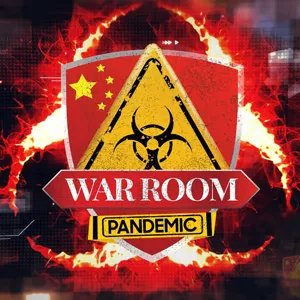By Roger McFillin at Brownstone dot org.
"I don't know who this person is anymore," James told me, his voice cracking as he described his wife of fifteen years. "She started Zoloft eight months ago for some mild anxiety about work. Now she's rewritten our entire history together. According to her new narrative, I've been emotionally abusive for years. She's filed for divorce, moved in with some guy she met at a yoga retreat, and told our kids that daddy was never really there for them."
He paused, searching for words. "The strangest part? She seems completely unbothered by destroying our family. It's like she's watching it happen from outside her own body."
Welcome to the SSRI marriage apocalypse: a phenomenon so widespread that entire online communities have formed to support its casualties. Spouses gathering in digital refugee camps, comparing notes about partners who transformed into unrecognizable strangers after starting antidepressants.
The stories are eerily similar: personality changes, moral compass spinning wildly, empathy evaporating, sexual connection obliterated, and a strange, detached willingness to torch everything they once held sacred.
But here's what makes my blood boil: The mental health establishment celebrates these relationship demolitions as therapeutic breakthroughs. "The medication lifted their mood enough to finally leave that toxic relationship!" they'll proclaim, completely ignoring that the "toxicity" might be a drug-induced fabrication. This is my fundamental criticism of the therapy industry: therapists attach to their client's inner world as if it's absolute fact, unquestionable truth.
Even without SSRIs, people alter reality and create stories to cope with pain. But add psychiatric drugs to the mix, and you've got modern therapists providing unfettered validation to chemically distorted narratives, rarely approaching cases with empirical scrutiny. They jump right on the victim mindset, and in many cases, actively create it.
"Yes, you were trapped in an abusive marriage!" they'll affirm to someone whose brain chemistry has been so altered they couldn't recognize genuine love if it slapped them in the face.
The Spell-Binding Effect
Dr. Peter Breggin, Harvard-trained psychiatrist and former consultant to the National Institute of Mental Health, who's spent decades exposing the dark underbelly of his own profession, called it "medication spellbinding:" the insidious way psychiatric drugs prevent users from recognizing their own drug-induced dysfunction. (I'm actually traveling to Dr.
Breggin's home next week to interview him, and you can bet your ass I'll be drilling deep into this spellbinding phenomenon.) It's not just that SSRIs change you; they rob you of the ability to perceive that you've been changed. You become a stranger to yourself while believing you're finally seeing clearly.
"Lisa" sat across from me six months after stopping Lexapro, tears streaming down her face. "I feel like I'm waking up from a nightmare I created. I had an affair. I told my husband of twenty years that I'd never really loved him. I was prepared to walk away from my children without a second thought. Now I look back and think, 'Who was that person?' But at the time, it all made perfect sense. I felt nothing. No guilt, no remorse, no connection to my old life.
It was like living in emotional Novocain."
This is your brain on SSRIs: chemically castrated, not just sexually but emotionally, morally, spiritually. The same serotonergic manipulation that's supposed to lift your mood also severs the invisible threads connecting you to everything that matters. But you won't realize it's happening because the drug disables your ability to recognize its own effects.
The psychiatric establishment has convinced millions that flooding the brain with serotonin is as benign as taking vitamin C. They've never bothered to mention that serotonin doesn't just regulate mood; it shapes moral reasoning, empathy, pair bonding, sexual r...





 View all episodes
View all episodes


 By Brownstone Institute
By Brownstone Institute



















